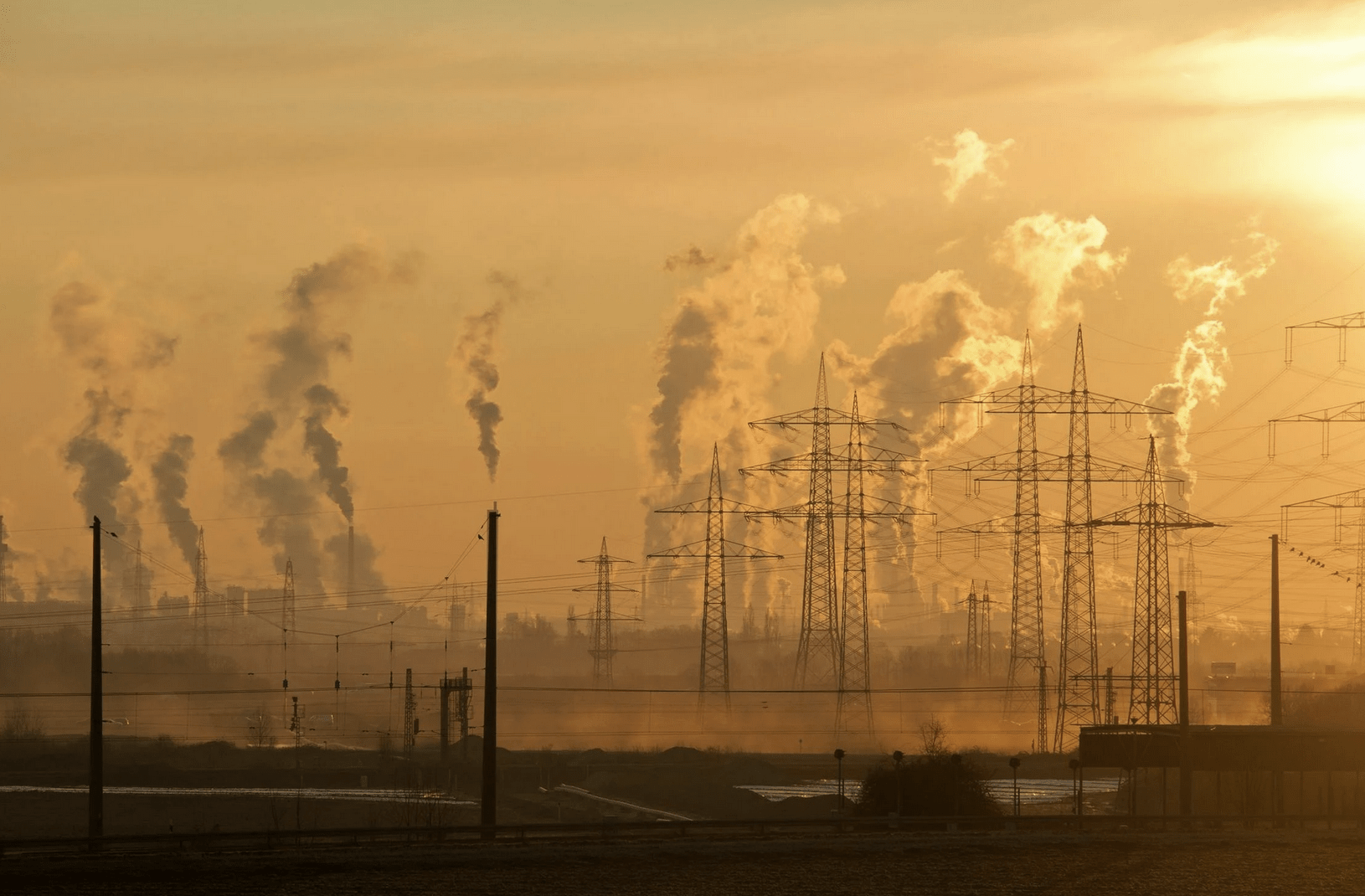Climate Policy and Public Perception in Canada
 Pixaby
Pixaby
By Tianna Tischbein
June 24, 2024
Public perception will be pivotal in driving climate progress in Canada as confusion over climate change and climate policies intensifies. Despite facing frequent climate-related events such as floods and wildfires, many Canadians still see the climate crisis as a distant issue, prioritized at the expense of immediate concerns.
While Canada aims to lead in combatting climate change, it is off-track to meet its 2030 greenhouse gas (GHG) emissions reduction target. Achieving this goal requires ambitious plans and strong public support.
How willing are Canadians to change their behaviour? The nation is divided. Some are eager to adopt sustainable practices while others are concerned about the economic impacts and rising living costs. Despite this, many view clean energy adoption as inevitable but remain split on the continued use of fossil fuels.
A major barrier preventing Canadians from fully supporting climate policies is widespread confusion about key topics such as carbon pricing and the energy transition, with one-third of Canadians unsure of how to respond to related questions. To bolster public perception and support for climate policies, clear communication is essential. The public does not trust politicians, but trustworthy sources, including scientists and medical experts, can convey reliable information.
Delaying climate action will only increase costs over time. While Conservative Leader Pierre Poilievre suggests pausing the carbon tax for short-term relief for summer plans, this overlooks the long-term needs of Canadians. Climate action must be taken alongside other pressing policy action on issues such as inflation and the housing crisis, not as a separate effort.
Canadian Public Perceptions
Canadians are increasingly concerned about climate change, with 80% expressing some level of concern and 70% demanding greater government action. But media coverage of the federal government’s carbon pricing policy, particularly the carbon tax, presents a conflicting narrative.
While aimed at incentivizing pollution reduction, the policy faces criticism, notably from the Conservatives. Recent revelations of errors in the Parliamentary Budget Officer’s (PBO) analysis of carbon pricing — the same analysis whose math had informed Poilievre’s attack lines — have triangulated the debate, causing confusion for the public.
With 44% of Canadians already viewing the carbon tax negatively, paired with a lack of awareness about its purpose, its effectiveness is undermined, negating its intended incentive. How the government deals with this error could substantially impact public perception. Transparency and clear communication will be key in building trust and support from the public to advance climate commitments.
Although the economic impact of the carbon tax may be in question, an analysis by the Canadian Climate Institute supports its purpose, finding it will contribute 8-9% of GHG emissions reductions by 2030.
The on-going debate about the carbon tax overshadows the broader conversation about climate change. The underlying policy and political question is whether we want to have a price on carbon. Do we want a policy that incentivizes new behaviour through relative price changes and provides rebates to offset impacts on household balance sheets?
The policy challenge is more important than PBO cost projections. Projections provide insights into considerations on the size of rebates. Rebates can be adjusted.
The current government would benefit from clear, accurate communication regarding the state of the climate crisis and climate policies to bolster trust and support as it advances its climate commitments.
International Perceptions
Despite Canada’s commitments to international agreements such as the Paris Agreement, its own progress is lacking. Continuously ranking near the bottom in international climate performance evaluations like the Climate Action Tracker and the Climate Change Performance Index, Canada’s performance is considered highly insufficient.
The nation’s reputation as a serious actor in combating climate change relies on its ability to fulfill these commitments. Persistent underperformance could tarnish this reputation and affect diplomatic relations and negotiations on the global stage.
International agreements serve as both motivators and stressors, influencing domestic policies and public support. If Canada is serious about achieving its commitments, it will need to garner support from the public. Public awareness of Canada’s international commitments and reputation as a climate leader can influence domestic attitudes and support for climate policies.
The Next Election
Climate change is positioned to be a pivotal issue in the upcoming election, with public perception undoubtedly playing a critical role. This is an important issue for many Canadians, with 70% supporting the goal of achieving net-zero emissions by 2050.
There are noticeable differences across political affiliations, according to Research Co., 71% of liberal voters recognize climate change as a major threat, compared to only 42% of conservative voters. Additionally, public policy decisions can have significant political implications – evidenced by the fact that 1 in 4 Canadians attribute their withdrawal of support from the Liberals to the carbon tax.
While the Liberal Party has shown commitment to combatting climate change, they must improve public perception by sharing clear, accurate information about the climate crisis, related policies, and short-and-long-term outcomes for Canadians, especially concerning the carbon tax.
On the other hand, if the Conservative Party’s stance against the carbon tax is any indication, it likely will not prioritize climate change in its platform. Despite gains in polling, they should not underestimate the importance of climate action to Canadians.
Voters will seek platforms that prioritize climate action and align with Canada’s commitments, shaping election results. Despite media narratives, Canadians must remain firm in their concerns. Political parties must recognize the significant role of climate change in shaping the next election.
Tianna Tischbein is an analyst at the Institute of Fiscal Studies and Democracy at the University of Ottawa.
